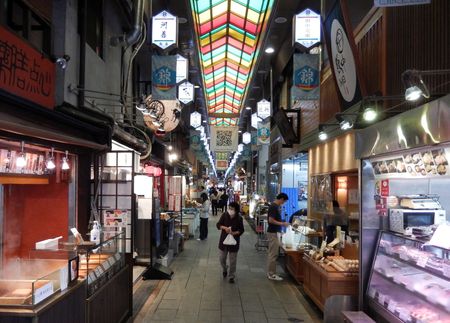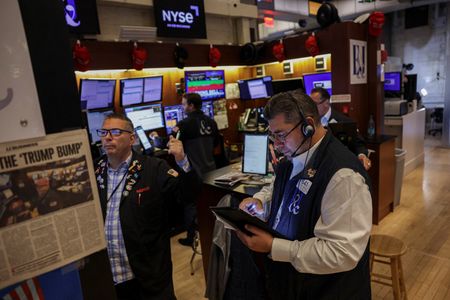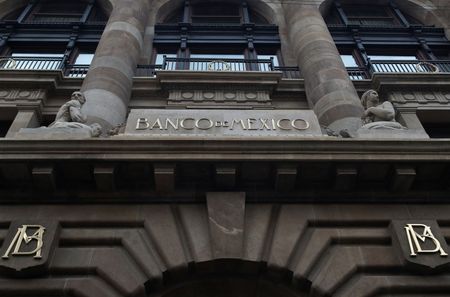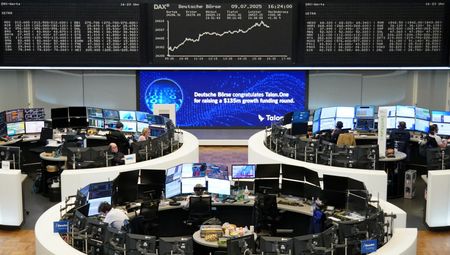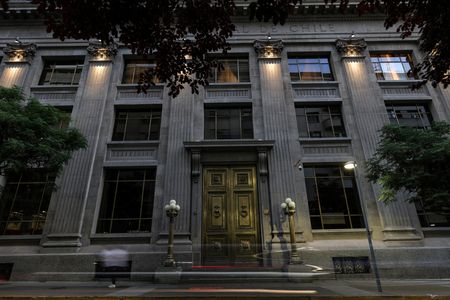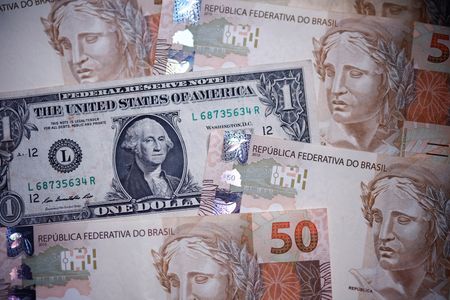By Leika Kihara
TOKYO (Reuters) -Japan’s annual wholesale inflation slowed in June for the third successive month, data from the Bank of Japan showed on Thursday, backing up the central bank’s view that price pressure from rising raw material costs will gradually dissipate.
While food prices continued to rise steadily, some analysts said they expect inflationary pressure to moderate in coming months as pain from U.S.
tariffs on Japan’s economy intensifies.
“As wholesale inflation slows, consumer inflation will likely face stronger downward pressure with some lag,” said Masato Koike, senior economist at Sompo Institute Plus.
“Japan’s trade talks with the U.S.
seem deadlocked, so it will likely take time for uncertainty to fade. By then, consumer inflation will slow and make it hard for the Bank of Japan to raise interest rates,” Koike said.
The corporate goods price index, which measures the price companies charge each other for their goods and services, rose 2.9% in June from the same month a year earlier, the data showed, matching a median market forecast.
The index, a leading indicator of consumer inflation, slowed from a revised 3.3% in May due partly to falling prices of fuel and metal products, the data showed.
The yen-based import price index dropped 12.3% in June from a year earlier, after a 10.3% decline in May, indicating the currency’s rebound pushed down raw material import costs.
Food and beverage prices rose 4.5% in June on stubbornly high cost of rice, though it slowed from a 4.7% increase in May, the data showed.
The BOJ ended a decade-long stimulus programme last year and in January raised its policy interest rate to 0.5% on the view that inflation was on the cusp of durably meeting its 2% target.
While the BOJ expects food inflation to moderate this year, it has signalled readiness to raise the interest rate again once the economy resumes a recovery on solid wage gain.
The core consumer inflation rate hit a more than two-year high of 3.7% in May, remaining above the BOJ’s 2% target for well over three years, due largely to a surge in food costs.
The interest rate-hike outlook, however, is clouded by uncertainty over U.S.
trade policy following President Donald Trump’s latest threat to raise tariffs on Japanese goods to 25% from 10% unless a trade deal is signed by a newly set deadline of August 1.
(Reporting by Leika Kihara; Editing by Himani Sarkar and Christopher Cushing)

